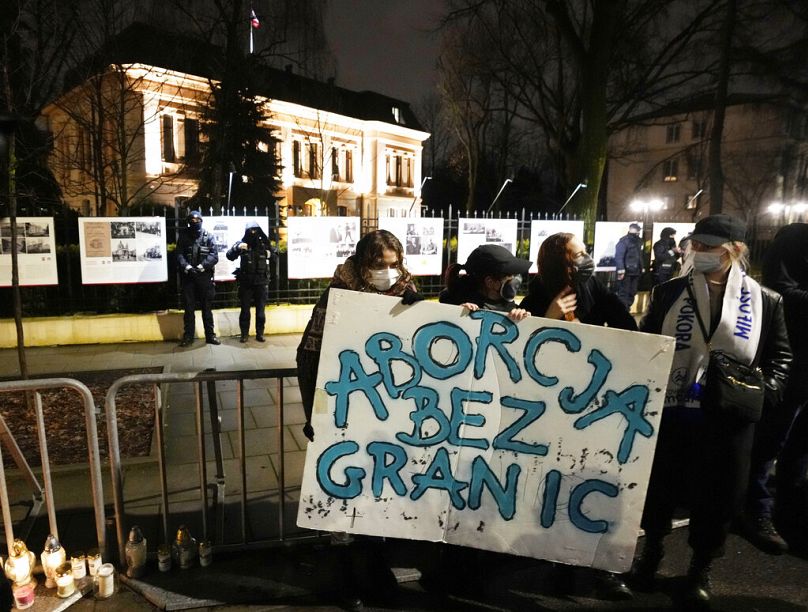Volker Türk used an annual address to flag growing democratic and societal problems in numerous European countries ahead of a "mega election" year.
The UN's top human rights official has issued a warning about elections in Hungary, saying the country shows signs of sliding into autocracy and authoritarianism.
Speaking to the Human Rights Council, UN High Commissioner for Human Rights Volker Türk cited Hungary as an example of a state that has turned away from liberal democracy in favour of a harsher, more restrictive political model.
"Autocracy and military coups are the negation of democracy. Every election – even an imperfect one – constitutes an effort to at least formally acknowledge the universal aspiration to democracy," Turk said.
He said that, although the “formal structure of election” still exists in Hungary, civic freedoms had been reduced as power had been concentrated in the hands of the government while the judiciary was “deeply undermined”, and media freedoms had been “eroded”.
Hungary had a presidential vote on 26 February 2024. It will hold local and EU elections on 9 June.
Türk cited countries around the world for their various encroachments and full-on attacks on human rights, civil society and participatory democracy.
Hungary has seen Prime Minister Viktor Orbán steadily tighten his grip on the country since he came to power in 2010. Along with various moves to restrict internal opposition, Orbán has also pivoted Hungary away from the EU and NATO towards engagement with authoritarian regimes including Russia and China.
He has also invoked various conspiracy theories and debunked claims in service of his agenda against both Western-led internationalism and in particular migration.
The paranoid tendency
Such theories were also targeted by Türk, who noted they are ascendant across Europe.
"In many countries, including in Europe and North America, I am concerned by the apparently growing influence of so-called “great replacement" conspiracy theories, based on the false notion that Jews, Muslims, non-white people and migrants seek to 'replace' or suppress countries' cultures and peoples," he said.
"These delusional and deeply racist ideas have directly influenced many perpetrators of violence. Together with the so called 'war on woke,' which is really a war on inclusion, these ideas aim to exclude racial minorities – particularly women from racial minorities – and LGBTQ+ people from full equality.
"Multiculturalism is not a threat: it is the history of humanity, and deeply beneficial to us all."
However, Türk sounded a more positive note when mentioning Poland, where a long-running populist right-wing government was finally displaced from office in last year's parliamentary elections.
"The incoming coalition Government has announced its intention to restore civic freedoms and the independence of institutions that had been weakened previously," he said, |as well as reproductive rights – ending the country's near-total ban on abortion. I welcome such moves, and emphasise the need to do so in an inclusive and participative process, reflecting the country's human rights commitments."
Aside from recalibrating their predecessors' often antagonistic relationship with the EU, which was fraught with differences over democratic and human rights issues, Poland's new government is trying to strengthen both media freedoms and judicial independence, both of which the previous government badly undermined in an effort to better control civic society and tighten their political control.
Meanwhile, Türk also cited several European countries for perceived racial disparities in policing.
"Last year's Being Black in the EU survey by the EU Agency for Fundamental Rights indicates that 58% of people stopped by police in the preceding year perceived the action as racially motivated, with highest rates in Germany, Spain and Sweden. Since 2016, this perception has increased in Denmark, Finland, France, Germany and Ireland.
"It is important to analyse the factors that lie behind these perceptions, and to address them."












